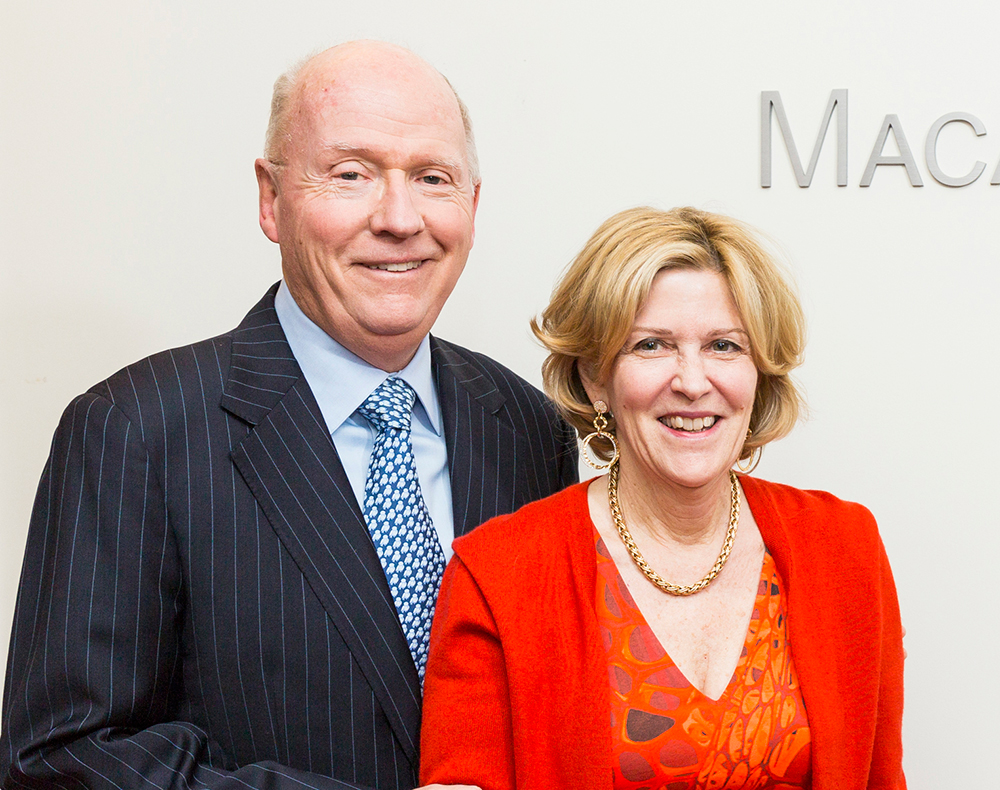Gift opens Lab of Ornithology's digital archive to all
By Pat Leonard

The Macaulay Library at the Cornell Lab of Ornithology is the oldest and largest scientific archive of natural sound and video recordings in the world – and it’s about to get much, much bigger. A $7.5 million gift from the Macaulay Family Foundation will open the digital floodgates, allowing the public to contribute images, video and sound recordings.
“This is a huge step toward integrating all of the lab’s rich media, and it will keep us at the cutting edge of the digital age as we begin our next 100 years,” said John W. Fitzpatrick, the Louis Agassiz Fuertes Director of the lab and professor of ecology and evolutionary biology. “The commitment is for $1.5 million for each of the next 5 years, with half that amount used to endow the archive and the other half used to expand its holdings with digital media contributions submitted by anyone, anywhere.”
People won’t have to dodge hippos, lions, menacing monkeys, malevolent dictators and drug dealers to get digital media for the archive, either. Linda and Bill Macaulay have faced those dangers and many more during their sound-gathering forays into the wildest, most remote places on Earth. Linda Macaulay, one of the world’s foremost bird recordists and an associate at the Cornell Lab of Ornithology, has archived 5,816 sound recordings of birds, leopards, elephants and other creatures – so far. The foundation gift builds on her vision for what the archive can become.
“Ideally, you’d want a recording of every species and their full repertoire, not just one recording from one place,” Linda Macaulay explained. “That’s why we want any person out there in their backyard or taking a hike or sitting at the beach to be able to take a picture or make a sound recording and upload it to the archive.”
“On top of that, you’ll get valuable public participation and awareness of nature and conservation issues,” added Bill Macaulay, who takes detailed field notes during their trips.
The first step toward the vision has already been taken. Users of the lab’s eBird program, which collects bird observations worldwide, can now drag-and-drop photos and sounds directly into their online reports. The media flow seamlessly into the Macaulay Library archive, and thousands of files already have been gathered. Cornell President Elizabeth Garrett toured the archive with the Macaulays last spring and appreciates the significance of this gift.
“The Macaulays have been generous supporters of Cornell and the Lab of Ornithology for decades,” Garrett said. “This gift will allow the lab to remain a world leader in using advanced technology to engage the public in citizen science and biodiversity conservation. It will also foster even closer collaboration between the lab and the Cornell Tech campus in New York City.”
Fitzpatrick says some of the developers hired to carry out the archive expansion and allow the Macaulay Library to gather digital media from the public are likely to be part of the Cornell Tech community, and he expects to attract top-flight talent. They will create tools to sort, curate, archive, secure, back up and deliver media and observation data. All this material will be readily available to anyone who needs it for use in scientific research, education, conservation and the arts.
“Even five years ago, none of us could have imagined what we have now,” said Linda Macaulay. “I have no idea where we’re going to be in five or 10 years, but I know it’s going to be different and I know that we’re going to keep trying to reach as many people as possible to create this record of life on our planet.”
Pat Leonard is a writer for the Cornell Lab of Ornithology.
Media Contact
Get Cornell news delivered right to your inbox.
Subscribe